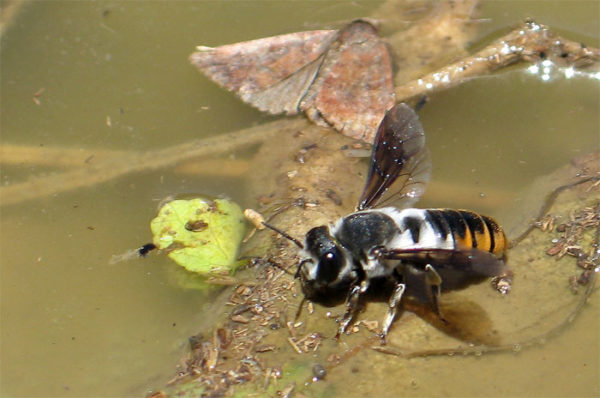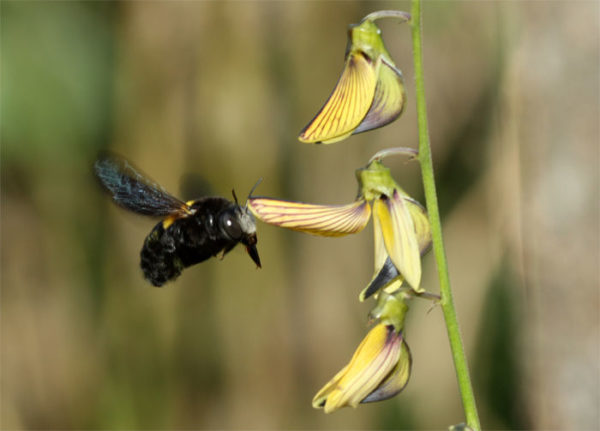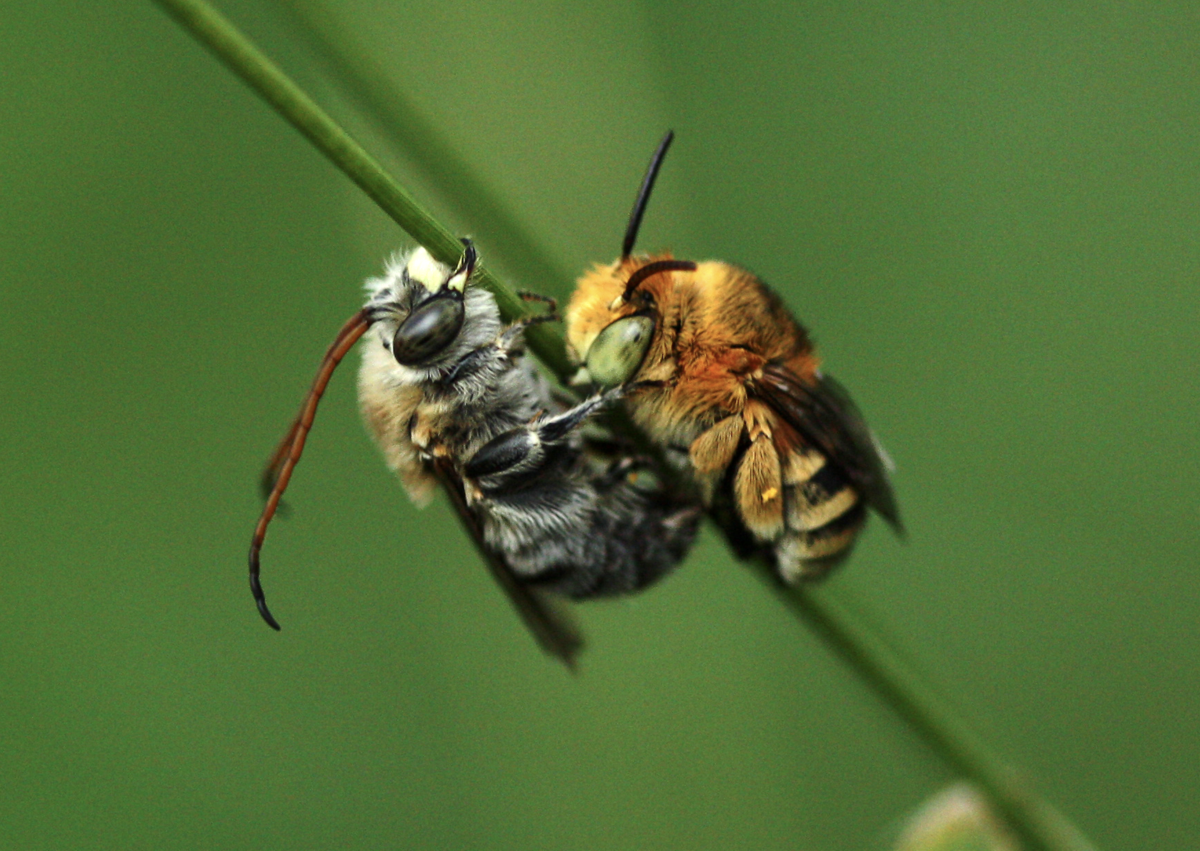Researchers at North-West University will use a new JRS award to help spread awareness of the diversity of bees in South Africa and to their importance as pollinators. This innovative grant will empower a passionate group of citizen scientists, students and academics with the educational resources and support for activities that will hone their skills to increase field bee observations. The project will include custom-designed field-guides, attractive posters and field courses on how best to photograph bees — all tools to facilitate accurate species identification records across South Africa.

South Africa’s vast array of rich habitats and ecosystems are home to over 1000 bee species, but most are not well-known as most people are only aware of a single species: the honeybee. By increasing the number of citizens monitoring bees and continually updating distribution data, this project will exponentially increase available information on the diversity of bees in South and southern Africa and their role as critically-important pollinators, key to conserving endemic plant biodiversity.

Read more about the bees of South and southern Africa and explore recent observations:
iNaturalist: https://www.inaturalist.org/projects/bees-of-south-and-southern-africa

